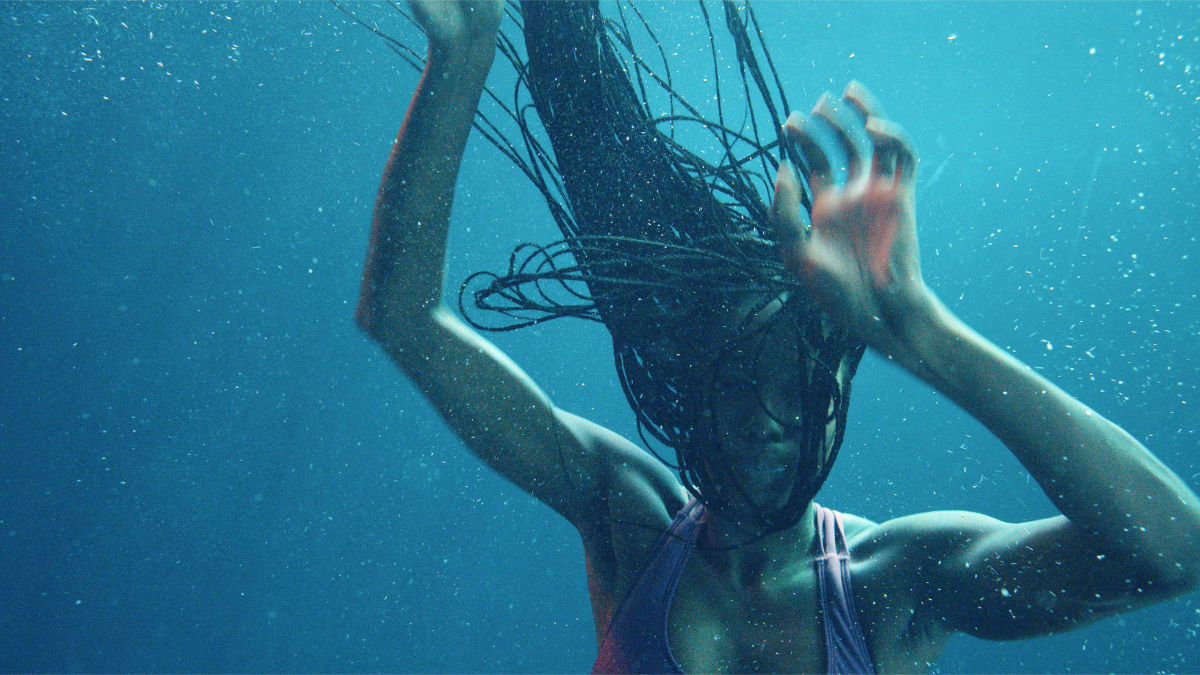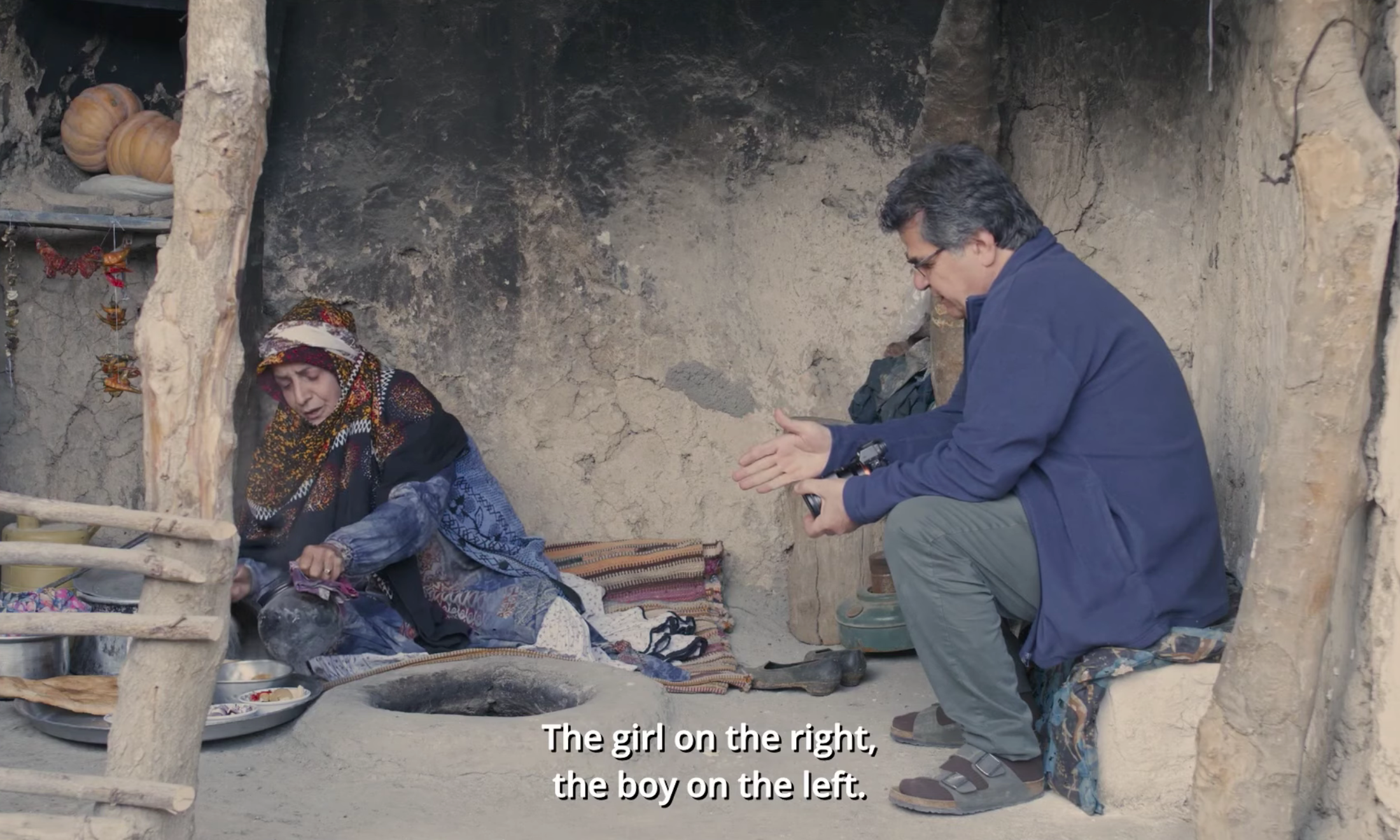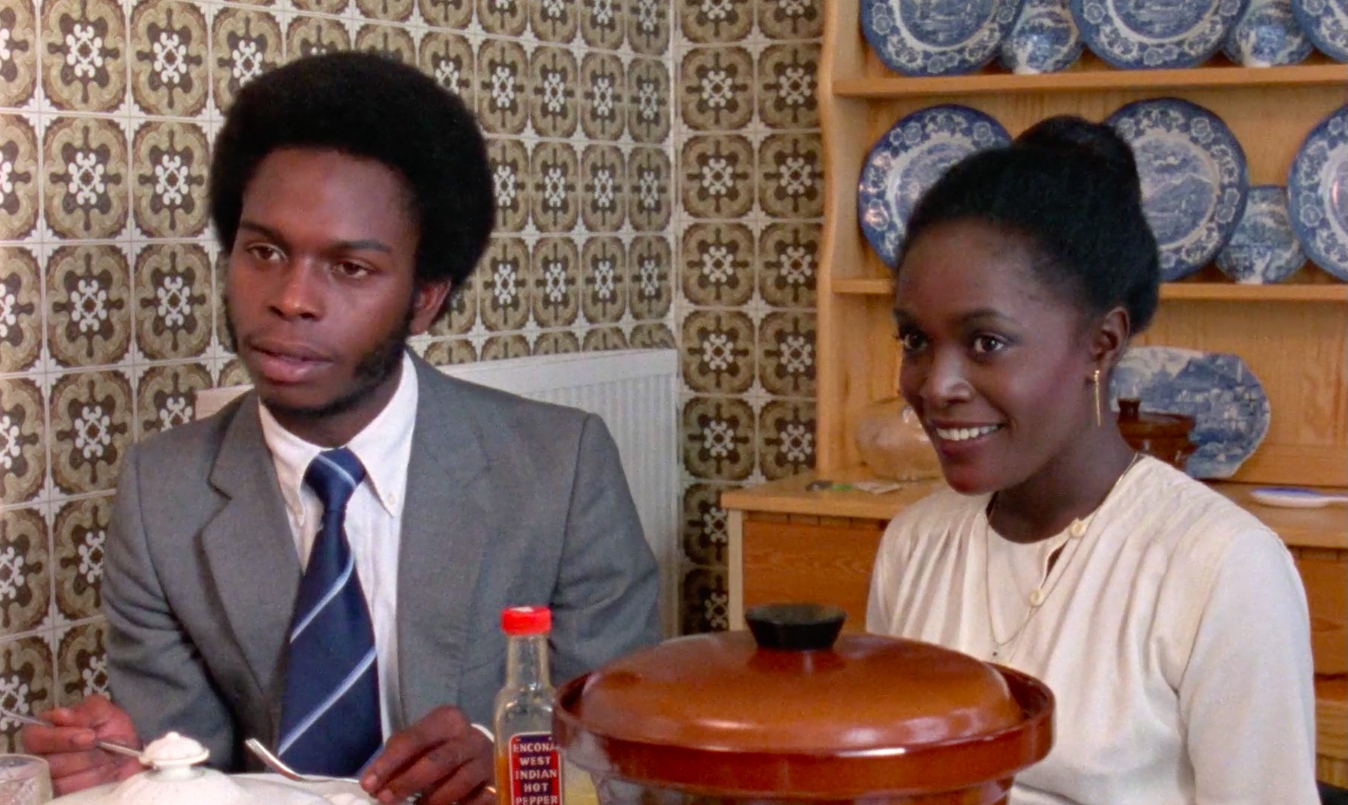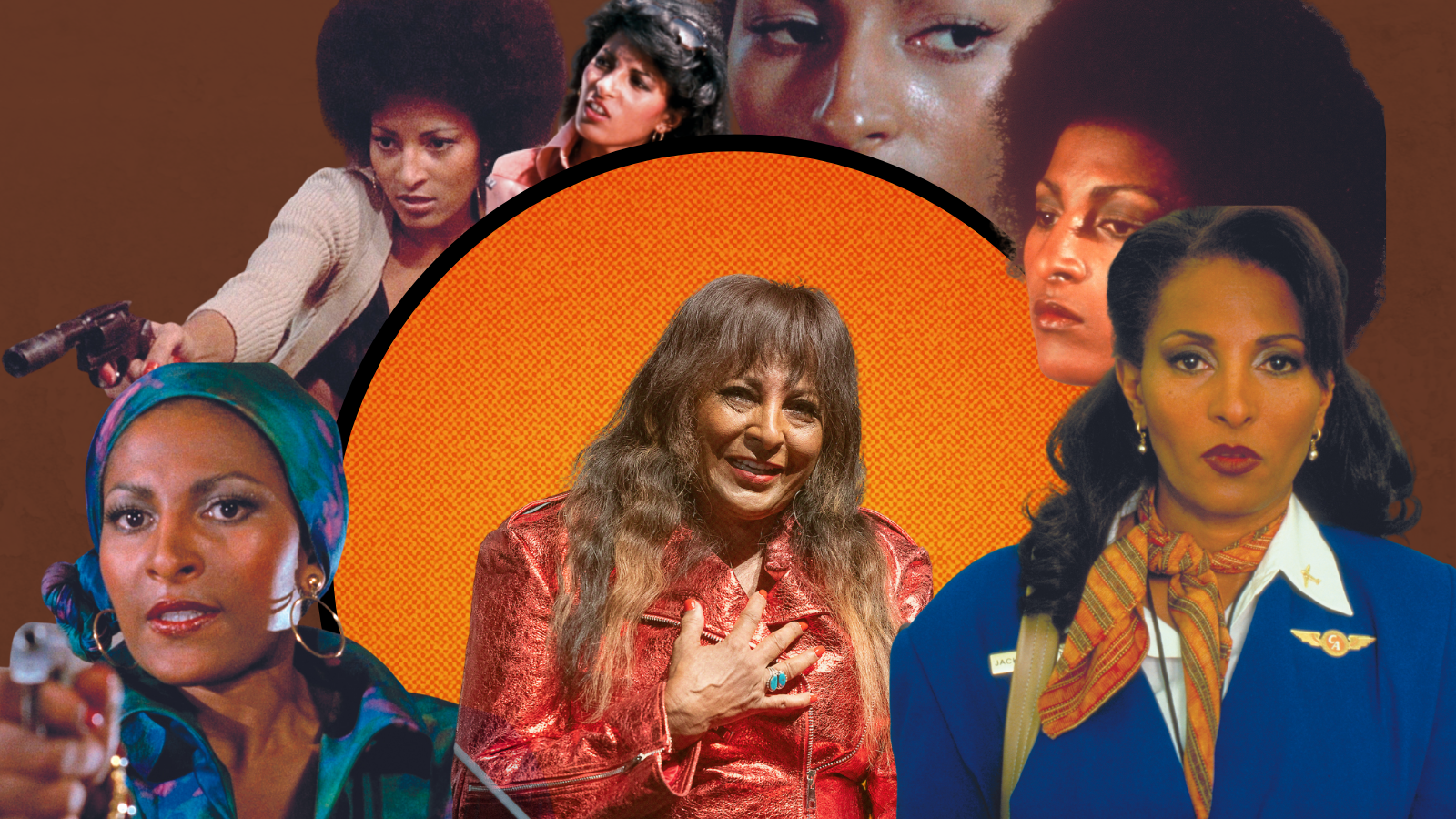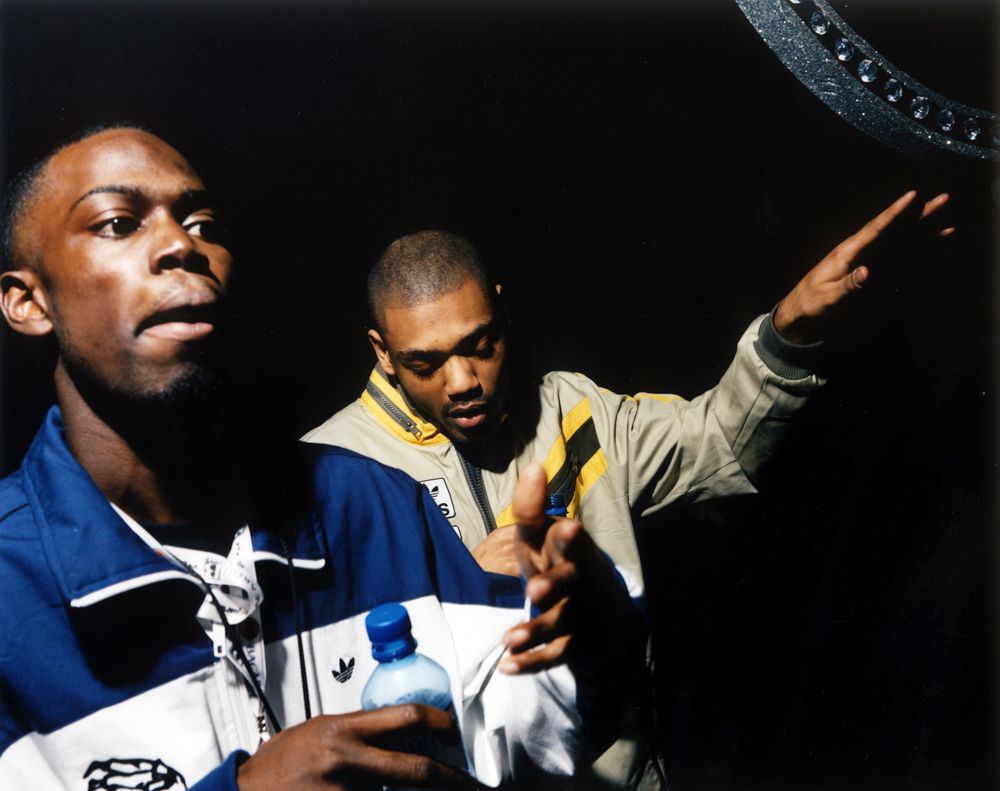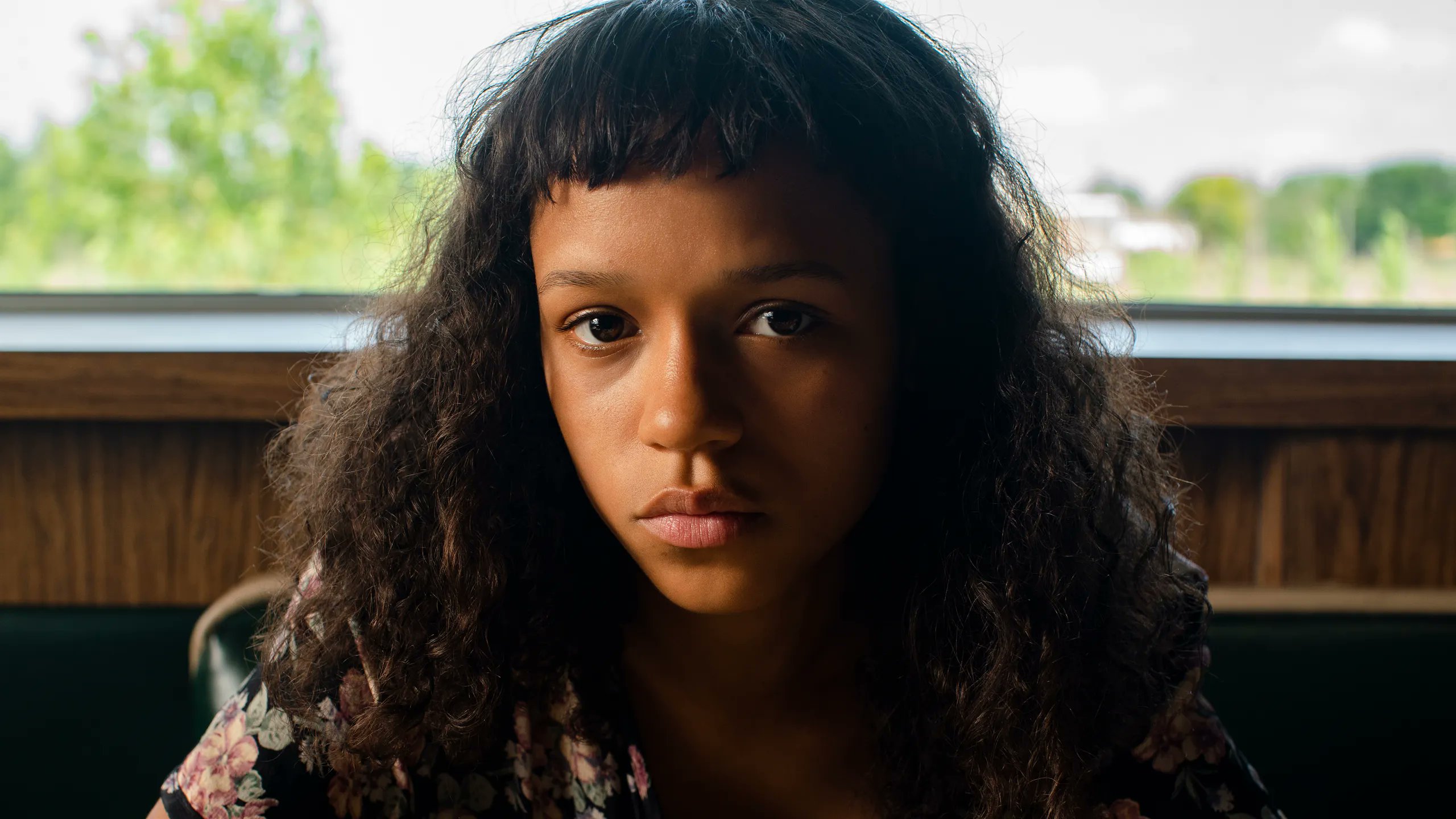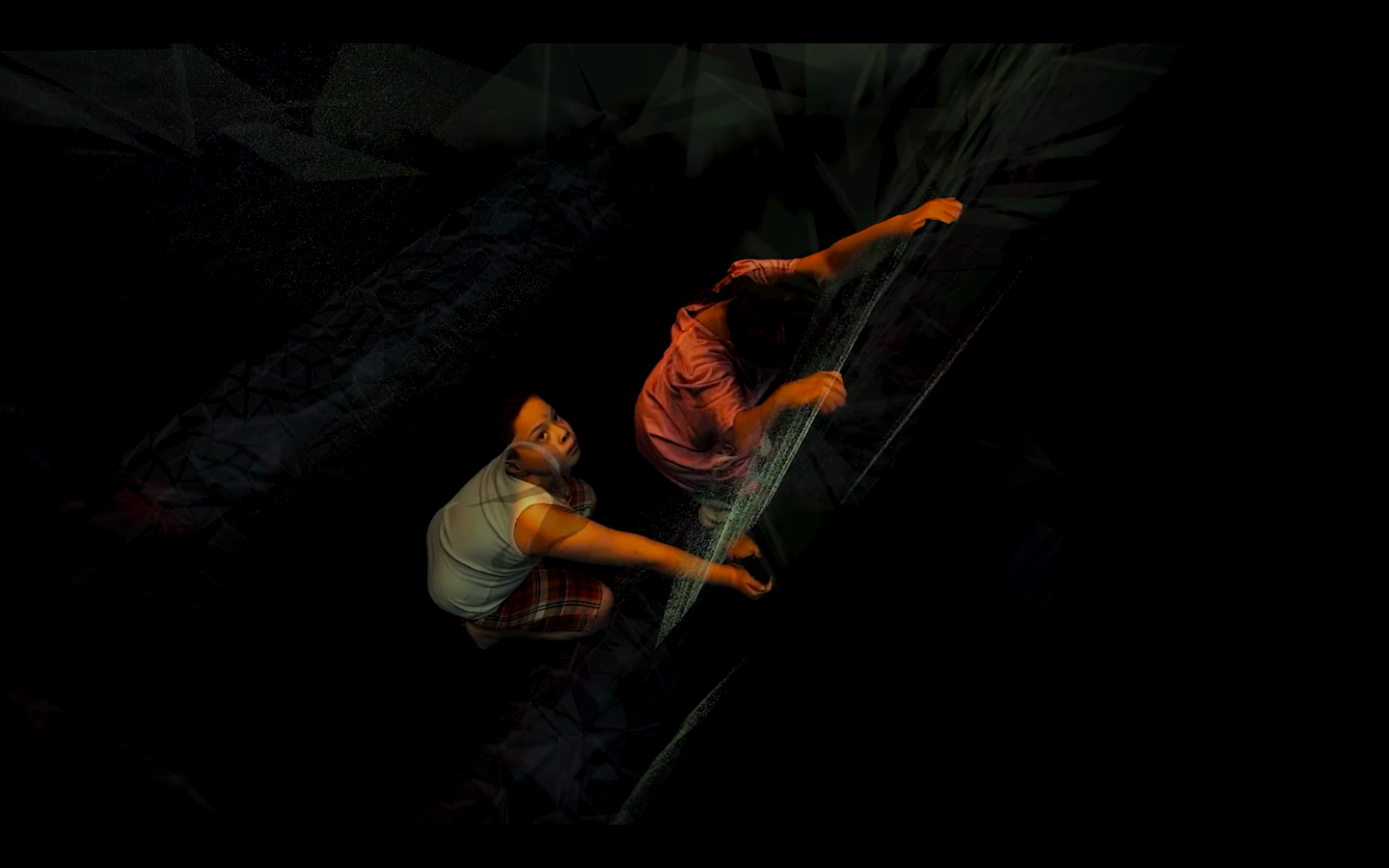
Venice Film Festival showed the metaverse can empower a new gen of WOC filmmakers
I missed all the drama about Harry Styles and spit in favour of focusing on a new filmmaking frontier.
Roisin Tapponi
16 Sep 2022
As is the case with most film festivals, the main area of Venice Film Festival was shaped by petty gossip, celebrity culture, and directors more concerned with getting invited to Valentino parties than watching films – and debating who spat on who. Meanwhile, Venice Immersive Island had a totally different vibe. Creators were nerdy and actually excited by what they were doing. There is more freedom and room for experimentation within VR as an industry, due to it being in an embryonic stage.
For example, emerging producer Ecegül Bayram, from Turkish creative studio Institute of Time, and creator Sjoerd van Acker, brought Elele to Venice Immersive. In Elele, your movements are tracked in real-time, as you choreograph a dance with another unknown user, using just your hands. The dance is accompanied by an original techno score composed by renowned musician Max Cooper, in a trippy 360 degree world with psychedelic colours and surrealist shapes. Elele just shows how VR is capable of creating experiences which cinema cannot, especially in how we can engage with other people.
When we imagine the metaverse beyond white, capitalist and patriarchal parameters, AKA how it is fed to us on our newsfeeds, the possibilities could be more akin to an inter connected utopia. There is an increasingly growing community of WOC virtual reality (VR) creators who are breaking-down myths around their profession, with the aim to educate young women on how to control their tech, and take charge of their futures.
A few months ago I made the decision that I was done with men explaining the metaverse to me. In pursuit of enlightenment, I attended Venice Immersive, a metaverse offshoot at Venice Film Festival. This year the metaverse occupied its own island, Lazzaretto Vecchio, with a huge programme of 43 projects from 19 countries, reflecting the diversity of immersive art, from XRChat to gaming, live action and VR experiences. In my opinion, Venice Immersive is the most exciting and innovative section of the film festival, and should really have its own festival at the Venice Biennale (like art, film, dance, music, architecture and theatre do).
Once you look past the daunting technology associated with the ‘metaverse’, possibilities for storytelling, social impact and even therapy can be groundbreaking. One of the many women in VR who taught me this was Anetta Jones, a Malaysian-British senior producer with creative studio, ScanLAB Projects. With a career background in documentary film, Jones took a leap into the dark when The Guardian advertised for a producer for their new virtual reality studio. Making it up as she went along, Jones quickly figured out how to tell stories using entirely new mediums, and talent. “When I first began producing XR, I didn’t enjoy watching or playing it,” she admits. “For me, meaningful storytelling is paramount, but the form just wasn’t there yet.” However, in the last six years since she’s entered the field, storytelling has developed rapidly. “XR is really developing its own cinematic language,” she says, “whilst still borrowing from the film industry, and from other industries like sound design, theatre, gaming and much more.”
Seduced by the rapidly growing sophistication, and what she calls a “truly collaborative” community of virtual reality, Jones rose to prominence as lead producer of May Abdalla’s Emmy-nominated narrative VR experience Goliath: Playing With Reality, starring Tilda Swinton, which won a Grand Jury Price at Venice Film Festival in 2021. “There are some badass WOC XR creators in the UK,” adds Jones, “I loved working with the incredible May Abdalla, from Anagram studio, and Shehani Fernando, whom I worked with at The Guardian.” Most recently, Jones produced FRAMERATE: Pulse of the Earth, by ScanLAB Projects, an immersive multi-channel video art installation which had its world premiere at this year’s Venice Film Festival. The directors experiment with 3D scanning, traditionally used in architecture for surveying purposes, and use it for artistic purposes. In the exhibition, the studio take 3D time-lapse scans of various UK locations which are on the brink of gentrification and environmental change, showing a time-based kaleidoscope of landscapes as they change in real-time. I was most impressed by the creative use of the otherwise-banal technology, and its ability to spatially render actual data changes in landscapes, rather than merely trying to represent these changes over time.
It is important to emphasise the fact that, just because the metaverse is concerned with data and new technology, doesn’t mean it can’t have heart. In fact, it has enabled WOC to represent their unique experiences in diverse and formally innovative ways. Filipino-American director Michaela Ternasky-Holland, who is is known in the VR world for using collective storytelling to create ‘metaverse’ experiences with social impact, made On the Morning You Wake (to the End of the World), to raise awareness of the threat of nuclear missiles. It involved working with Indigenous people in Hawaii and taught the viewer ways in which they can take action towards the abolition of nuclear weapons in Hawaii. The aim of the film is to have a tangible impact on those that experience it which is driven by Ternasky-Holland’s role as the Head of XR at Games for Change (G4C), an organisation which uses XR technology for education, healthcare, and political action.
“There is more freedom and room for experimentation within VR as an industry, due to it being in an embryonic stage.”
Ternasky-Holland tells me that her mentor Laura Ruffin is a key figure in the social impact work she does today. Ruffin is the founder of CruxXR, a groundbreaking cooperative of Black artists working in immersive storytelling. CruxXR is a vital resource for WOC working in the metaverse. It supports claims over ownership, pools grants and residency opportunities, offer tools to secure project funding, and more. ‘When I vocalised discomfort with a client, she would advocate for me. No questions asked. To be managed by someone as considerate, caring, and courageous as Ruffin is one of the most impactful experiences of my life.’
There are many more such vital resources dedicated to POC in the metaverse. For example, take Kamal Sinclair’s project Making a New Reality. Sinclair seeks to make VR more diverse and equitable for POC in VR, her toolkit can be downloaded for free online. There are also groups focused more generally on new media, such as AFROTECHTOPIA, where discussion occurs from a Black gaze. AFROTECHTOPIA have a pedagogical aim at their core: their annual school, Fractal Fête, open only to Black participants, is taught by twenty Black cultural innovators prominent in the digital realm. Past lecturers include leading figures in digital art and research, such as Annika Hansteen-Izora, Terence Nance and Tahir Hemphill of RapResearchLab.
This drive to educate more POC about the ‘metaverse’ is a way for us to take control over our own future, security, data and online lives. Empo(H)er Cybersecurity focuses on diversifying cybersecurity by mentoring and providing opportunities for WOC. The importance of educating WOC about cyber security has been emphasised by Ternasky-Holland, who sees it as urgent activism work. “You cannot have a conversation about technology without addressing the issue of security,” she tells me. “It takes whistleblowers, activists, and organisers to hold tech companies accountable to the data they collect, how they store the data, how they use the data, and whom they allow access to the data. VR can lead a movement in access,” says Ternasky-Holland. “My hope is that the metaverse moves forward with the democratisation of access—in and out of the digital reality.”
I took a lot away from Venice, mostly thanks to these women VR creators who spoke with such genuine excitement and enthusiasm about their projects, in their relatively uncharted field of VR. There is so much space for innovation, which goes to show the potential for unleashing more WOC creativity in a real – or rather, virtual – way.

